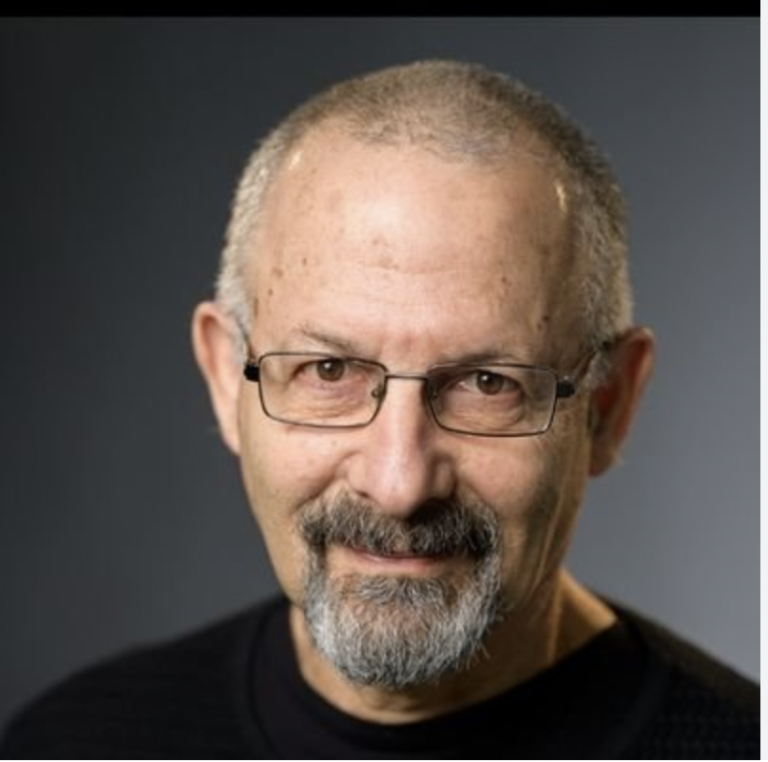Israelis between two narratives and PTSD

Terror and empathy. These are the two emotions that Hamas, since the massacres of October 7, has been trying to spread with its videos through public opinion. “Hamas terrorists talk to two different worlds. With the videos of the massacres, they are trying to condition the Israelis. They want to instil fear and terror among us. With the images of the release of the hostages, in which they show themselves as kind and falsely human, they want to create a sense of identification and sympathy on the part of the Arab world and those who support the Palestinian cause,” Nachshon Meiran, Professor of Psychology at Ben-Gurion University of the Negev, explains to Pagine Ebraiche. His academy has been hit hard by the violence of the Gaza terrorists: more than sixty people including students, professors and members of the academic staff have been killed, kidnapped or are missing. “Each of us has someone in their circle of family, friends, colleagues who has been murdered, injured or kidnapped,” Meiran reiterates.
For the professor, who is an expert in cognitive sciences and decision-making, what happened on October 7 surpasses any collective tragedy ever experienced by Israel. “It is a national mourning without equal.” Hamas propaganda creeps into this pain. “The dissemination of videos of the massacres serves a specific purpose: to feed into the fear and anxiety of the Israelis.” “Despite a dysfunctional government, society has proven to be healthy,” the academic continues. “It responded with great gestures of solidarity, building networks of mutual help. An example to draw inspiration from.”
As the expert notes, the response is important to counter the Hamas narrative. “Those who live here must hear the stories of courage of ordinary people, of the people around them. For example: the parents of a neighbour of mine live in one of the kibbutzim attacked by the terrorists, they are both elderly and her mother takes care of her father who has Alzheimer’s. During the attack she, all alone, managed to prevent the terrorists from entering the shelter. And she also managed to control her husband who did not understand the situation and wanted to go out.”
Meiran stresses that positive stories help build a different national narrative in the face of a tragedy that will leave deep wounds in Israeli society for a long time. “Among those who have suffered severe trauma, about one in five people develop PTSD. In these cases, memories can penetrate consciousness in an uncontrolled way, generating feelings of distress and depression. There are people who lock themselves in their room and no longer want to do anything. There are other people who instead become hyper-excited. They get carried away by everything, are easily startled by light noises, become very irritable. They might stop going to work or school. They stop having a normal life and suffer.”
At this time, the psychologist adds, it is important to share one’s own traumas to avoid being consumed by them or reliving them. “In the face of this tragedy we are experiencing, people must know that it is right and normal to feel afflicted, sad and depressed. The situation is really serious and objectively very worrying.” But, he reiterates, “we must not be constantly watching TV or checking our phones. Let’s try to stay informed without overloading ourselves.”
Meiran is also clear on the narrative of the Islamic terrorists: “Unfortunately, those images work on those who are prejudiced. They work, for example, on my hypocritical left-wing friends in many parts of the world. And I say this as a peace activist. We can’t fall for Hamas’ deception.” The videos showing the terrorists being kind to the four recently freed hostages “are a simple manipulation. The reality is that they have committed crimes against humanity and must be held accountable.”
Translated by Annadora Zuanel, revised by Martina Bandini, students at the Secondary School of Modern Languages for Interpreters and Translators of the University of Trieste, interns at the newspaper office of the Union of the Italian Jewish Communities – Pagine Ebraiche.
